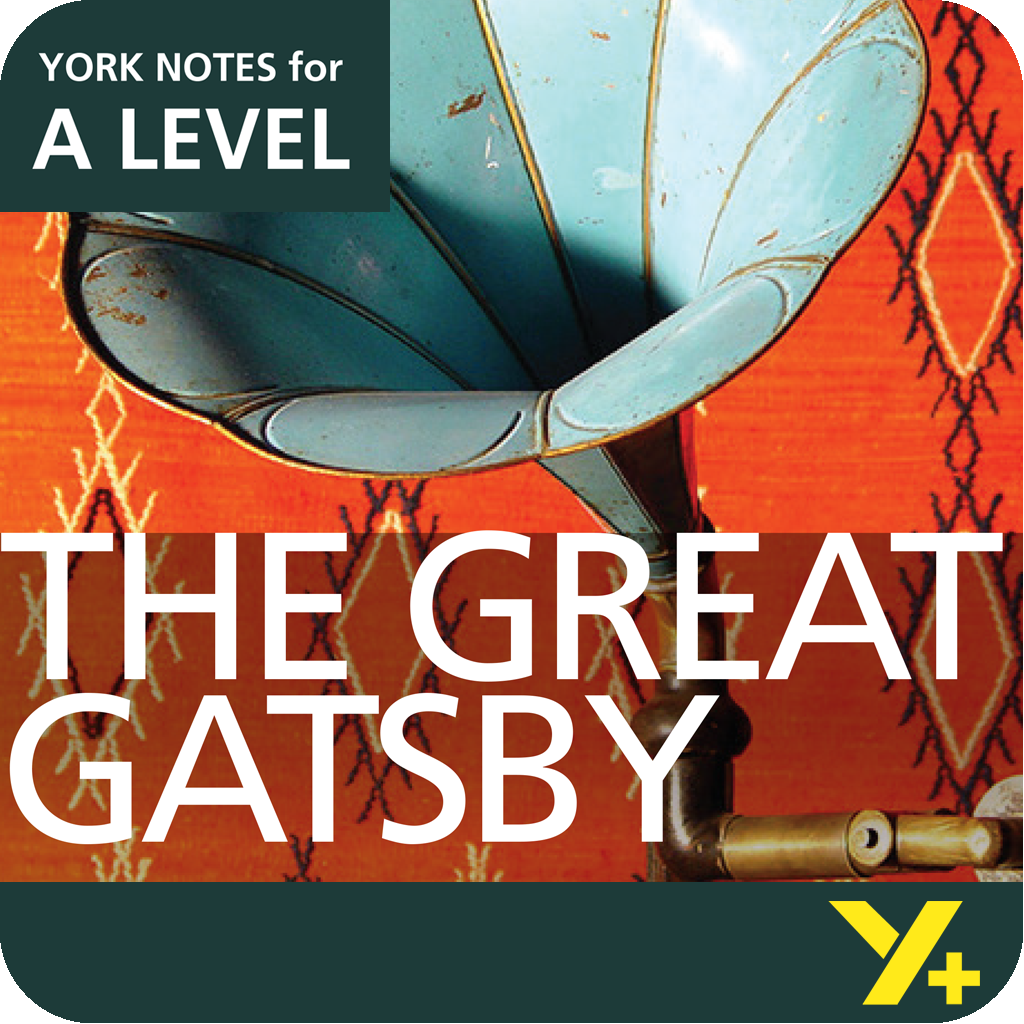Examiner's Notes
You assessed this answer as a Mid.
Hover over the highlighted text to read the examiner’s comments. These are linked to the Assessment Objectives, which are listed in the side panel.
If ‘The Great Gatsby’ is a tragedy in the terms outlined in the question, then Gatsby’s central weakness is sentimental attachment to the past, to the excitement of a youthful love affair, or to the glamour of the privileged lifestyle of Daisy Fay and her family in Louisville. There can be little doubt that Gatsby had certain abilities and the kind of charm that could have made him successful in the way his father envisaged. The way he won over Dan Cody during his teenage years, his success in the army during the First World War, and the connection he formed with Meyer Wolfshiem all testify to strengths of character. Nick Carraway became so intrigued by his neighbour that he has written a book telling his story, or at least Nick’s own version of that story.
Flawed he certainly is, but does Jay Gatsby really have the qualities of a tragic hero? In classical and Shakespearean tragedy heroes tend to be noble figures whose flawed character or poor judgement leads to their downfall. Gatsby has poor judgement: his obsession with Daisy is scarcely justified by anything we learn of her from Nick’s characterisation. She appears shallow and cynical; her only ambition for her daughter Pammy is that she should become ‘a beautiful little fool’, which Daisy considers to be ‘the best thing a girl can be in this world’. A Feminist critical reading might find more genuine tragedy in that feeble ambition than in the failure of Jay Gatsby’s dream.
The fact that Gatsby does dream is part of his appeal for Nick, who himself fantasises about ‘romantic women’ he sees on the streets of New York, although his relationships with Jordan Baker and the girl he left behind in the Midwest both amount to nothing. Measured against ‘the last and greatest of all human dreams’, mentioned at the end of the novel, where Nick imagines a Dutch sailor discovering a New World, his own and Gatsby’s fantasies seem painfully narrow and self-serving. What is it, after all, that Gatsby hopes to achieve? Nick suggests that Gatsby understood that once he had kissed Daisy ‘and forever wed his unutterable visions to her perishable breath, his mind would never romp again like the mind of God’. Those ‘unutterable visions’ that drive Gatsby could never be satisfied by marriage to a flesh-and-blood woman.
Nick notes at the start of the novel that Gatsby possessed ‘an extraordinary gift for hope’. The problem is that he doesn’t know what to hope for. Attaching that ‘romantic readiness’ to Daisy doesn’t solve the problem. In her book ‘Careless People’ (2013), Sarah Churchwell quotes a statement by Zelda, wife of F. Scott Fitzgerald: ‘We grew up founding our dreams on the infinite promise of American advertising.’ That is a very revealing quotation as it suggests that the dreams of Americans living during the 1920s were manufactured; advertisements created desire for a better lifestyle and linked that improvement with objects that could be bought.
In that context Gatsby’s desiring nature seems typical rather than extraordinary, a concentrated version of the desire felt by most Americans when confronted with the power of advertising. The significance of the eyes of Doctor Eckleburg, dominating the valley of ashes, becomes clear, and George Wilson’s mistake in identifying that optician’s hoarding with the eyes of God comes to seem like a form of truth. Advertising is the god of modern American mass society. Jay Gatsby, who is referred to as the son of God, ‘about His Father’s business’, turns himself into a personification of advertising. But they are also props that help to advertise the Gatsby brand, the new improved James Gatz.His expensive clothes, imported cars and lavish parties are all examples of what the sociologist Thorstein Veblen called ‘conspicuous consumption’.
A Marxist reading of ‘The Great Gatsby’ might argue that the transformation of America into a capitalist, consumer society was a collective tragedy. The New World, especially after the revolutionary break from Europe in 1776, might have offered an opportunity for unprecedented development of individual potential, in service of the collective good. Instead, the ideology of American individualism produced a mass consumer culture based on narrow self-interest, a society which despite its egalitarian ideals had in effect re-created the unjust class structure of the Old World, and we see this in the disparity between the lifestyles of the Buchanans and the Wilsons.
In his essay ‘Tragedy and the Common Man’ (1949), American playwright Arthur Miller argued that tragedy was not an old-fashioned genre that belonged to a former age of monarchs and aristocrats; ordinary people could be tragic heroes. The crucial quality, Miller argued, was that such heroes should be prepared to lay down their lives to preserve their ‘sense of personal dignity’. I feel that Jay Gatsby’s pursuit of Daisy lacks dignity, but his willingness to take the blame for the crime she commits in killing Myrtle is a dignified and redeeming act. As Nick says at the start of his narrative, ‘Gatsby turned out all right at the end.’
